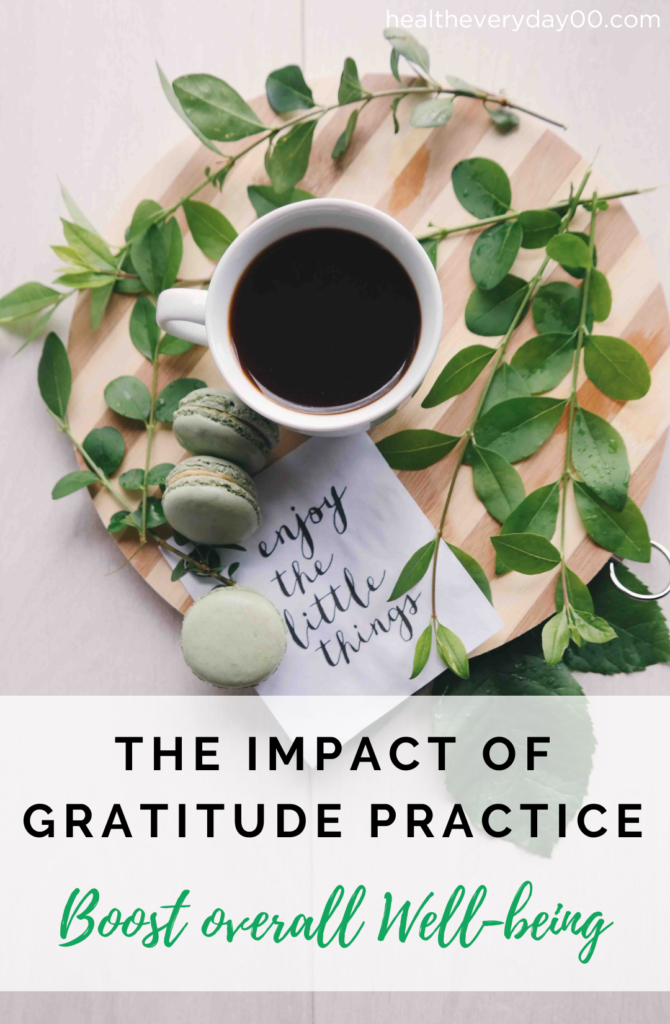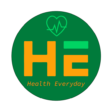Boost Well-being with the Power of Gratitude Practice

Introduction
In the hustle and bustle of our daily lives, maintaining mental and emotional well-being has become more crucial than ever. One potent tool that has gained significant attention is the practice of gratitude. Let’s delve into the profound impact of gratitude on our minds and emotions and explore how incorporating it into our lives can lead to a happier and more balanced existence.
The Science Behind Gratitude
Research has shown that gratitude goes beyond a mere polite gesture. It has tangible effects on our brains and emotions. When we express gratitude, our brain releases dopamine and serotonin, neurotransmitters associated with pleasure and mood regulation. This, in turn, creates a positive feedback loop, making us more inclined to focus on the good in our lives.
How to Start a Gratitude Practice
Embarking on a gratitude journey doesn’t require grand gestures. Simple steps, such as keeping a gratitude journal or expressing thanks verbally, can kickstart this transformative practice. Integrating gratitude into our daily routines ensures a consistent and lasting impact on our mental and emotional well-being.
Benefits of Regular Gratitude Practice
Improved Mood and Emotional Resilience
Regularly acknowledging and appreciating the positive aspects of our lives can lead to a significant improvement in mood. Gratitude acts as a buffer against stress and enhances emotional resilience, allowing us to navigate life’s challenges with greater ease.
Better Relationships and Social Connections
Gratitude extends beyond the individual, positively impacting interpersonal relationships. When we express gratitude to others, it fosters a sense of connection and strengthens social bonds. This ripple effect contributes to a more supportive and nurturing social environment.
Increased Overall Well-being
A consistent gratitude practice has been linked to overall well-being. From better sleep quality to heightened self-esteem, the benefits extend to various facets of our lives, creating a holistic sense of happiness and fulfilment.
Creative Ways to Express Gratitude
Moving beyond the conventional “thank you,” there are numerous creative ways to incorporate gratitude into our lives. Personalized approaches, such as writing gratitude letters or creating visual reminders, cater to different personalities, making the practice more engaging and enjoyable.
Overcoming Challenges in Gratitude Practice
While the benefits are undeniable, challenges may arise. Overcoming the negativity bias, where our minds tend to focus on the negative, is key. Consistency is crucial, and finding strategies to navigate obstacles ensures a sustained and meaningful gratitude practice.
Conclusion
Incorporating gratitude into our lives is a powerful tool for enhancing mental and emotional well-being. The science-backed benefits, coupled with creative expressions of gratitude, contribute to a more positive and fulfilling life. As you embark on your gratitude journey, remember that small, consistent efforts can lead to profound changes in your overall well-being.



